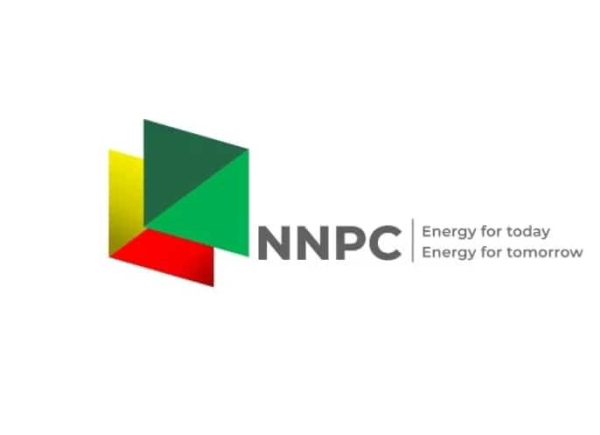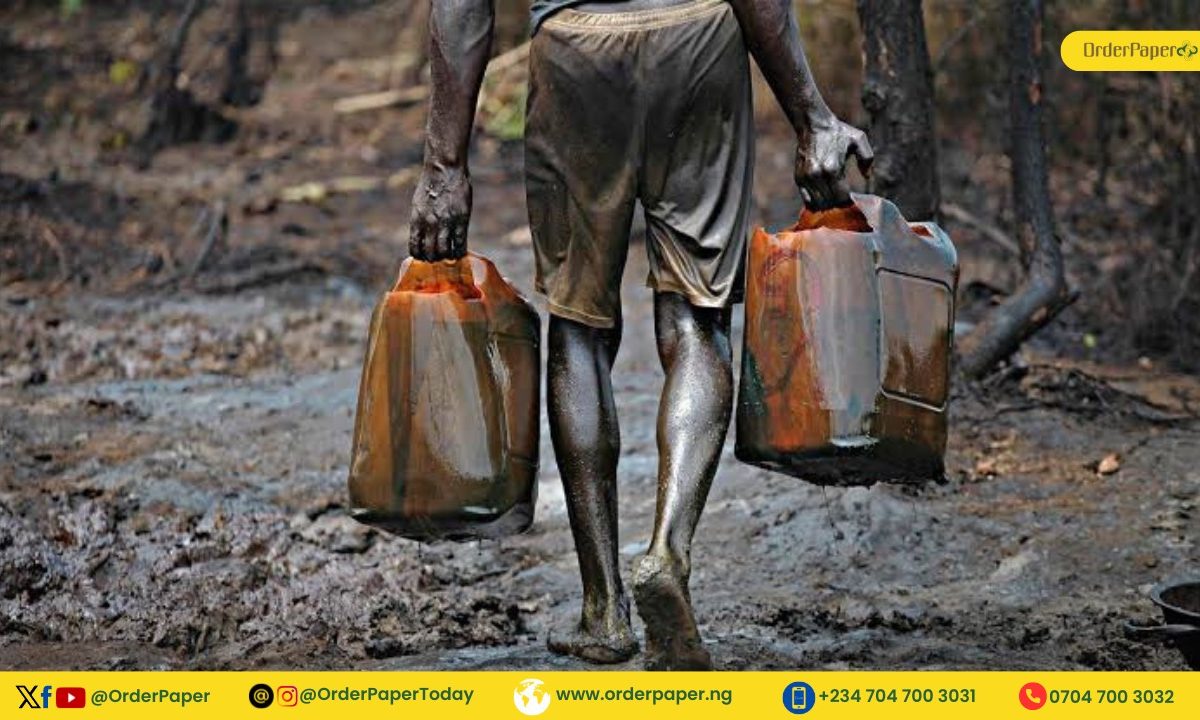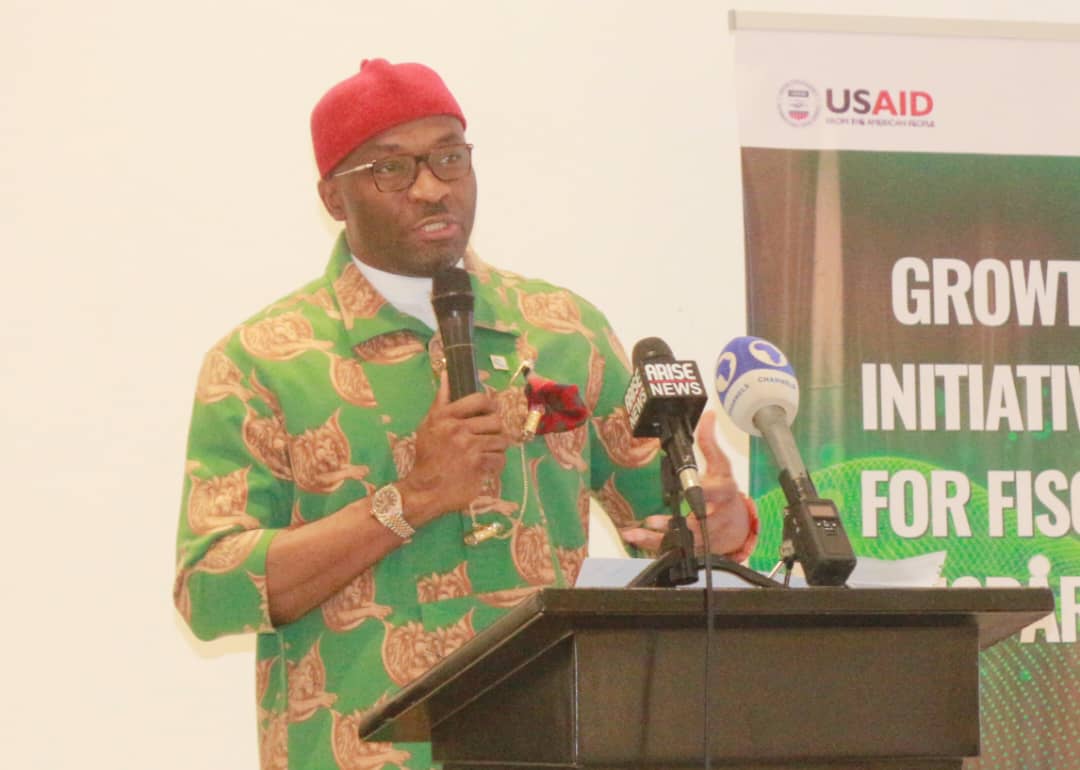Ever wondered how the Nigerian National Petroleum Corporation Limited (NNPCL) earns and utilizes money and on whose behalf? This piece explores how the state-owned company generates income and makes profits as empowered by the Petroleum Industry Act (PIA) 2021 and how such revenues contribute to Nigeria’s economy.

Until the enactment of the Petroleum Industry Act (PIA), 2021, the Nigeria National Petroleum Corporation (NNPC) was a state-owned behemoth that played both regulatory and commercial roles in the oil and gas industry.
The company operated without adequate oversight and its activities were characterised by opacity, lack of transparency and scant accountability if any. However, with the coming of the Petroleum Industry Act (PIA) in 2021, a new corporate governance ethos was born under a new ownership structure. A new commercially-driven orientation that emphasised profit over profligacy was also enacted – which is now referred to as NNPC Limited (NNPCL).
READ ALSO: INSIGHT: NNPC and the Akara Company Story
New owners, new obligations but retained managers
Sections 58 and 59 of the PIA created a Board of Directors to oversee the company. Being a limited liability company, the NNPC is now responsible to its shareholders (ostensibly, all 250 million Nigerians) and it is now obligated to make and declare profits. Section 53(7) of the PIA provides that the NNPC shall now operate as a Companies and Allied Matter Act (CAMA) entity and declare dividends to its shareholders, (with payments made to the Federation Account Allocation Committee).
It is also obligated to pay 20% of its profit after tax as royalties to the Federal Government in line with the Companies Income Tax Act, 2004 as well as any other law, as is the case with other companies in Nigeria.
NNPC’s Duty to Make Profit
NNPCL participates in all spheres of the petroleum business from upstream to midstream and downstream. It is the holder of all production-sharing contracts on behalf of the federation and manages the joint venture partnership arrangements with other operators upstream, and as of December 2023, the company pledged to provide 2 million barrels of crude oil daily. The company is now required to pay royalties to the federation account like every other company operating in the sector.
In an expansionary drive downstream, NNPC Limited recently acquired OVH Energy Marketing Limited, which is a major operator. This brought some 380 additional filling stations under the NNPC Limited retail brand to attain over 1,500 filling stations, making it the largest petroleum product retail network in Africa.
The NNPCL, being established as a profit-generating entity for the Federal Government and pays taxes to the federation account, therefore cannot sell petroleum products below market price.
READ ALSO: EXPLAINER: The 20 Subsidiaries of NNPC Limited
The Company and Price Control
The responsibilities of petrol price determination and related matters are no longer within the purview of NNPC Limited. These decisions are now controlled by the forces of demand and supply, exchange rate etc. with requisite regulation from the Nigeria Midstream and Downstream Petroleum Regulatory Agency (NMDPRA) as provided under the PIA, 2021.
Transparency and accountability issues persist…
Despite its new orientation and profit focus, the NNPCL has continued to be dogged by its ghost of lack of accountability and transparency. The Nigeria Extractive Industries Transparency Initiative (NEITI) in its 2021 Oil and Gas Report stated that the NNPC did not remit $2 billion to the federation account in 2021 before transitioning to a commercial venture.
Barely two months after, in December 2023, the World Bank, in its Nigeria Development Update (NDU) accused the NNPCL of being non-transparent on the subsidy and dollar revenues. Following the report, the President issued a directive stating that the company should henceforth submit receipts of crude oil sales to the Central Bank of Nigeria (CBN) for vetting and documentation.
There is a need for more clarity on oil revenues, especially the financial gains of the NNPCL, from the subsidy removal, the subsidy arrears that are still being deducted, and the impact of this on federation revenues.
READ ALSO: Reps to probe $60 billion joint ventures by NNPCL
The Role of the National Assembly
Despite the independence of the NNPCL per incorporation post-PIA, the National Assembly still has its role and function of overseeing the company.
The PIA provides that the Minister of Petroleum (MoP) shall perform oversight functions on the operations of the petroleum industry, which suggests that the administration of the industry is under the control of the MoP. On the other hand, the appointment of the board of directors of the NNPCL as well as the two principal regulatory bodies, as provided by the PIA, is done by the President, subject to the confirmation of the National Assembly. This is to ensure the independence of the regulators and improve corporate governance practices in the industry.
The National Assembly Committee of upstream; midstream; and downstream must exercise its oversight function in this critical time of the offshoot of the NNPCL and demand accountability on the subsidy and dollar revenues to prevent the ache of corrective measures shortly.



